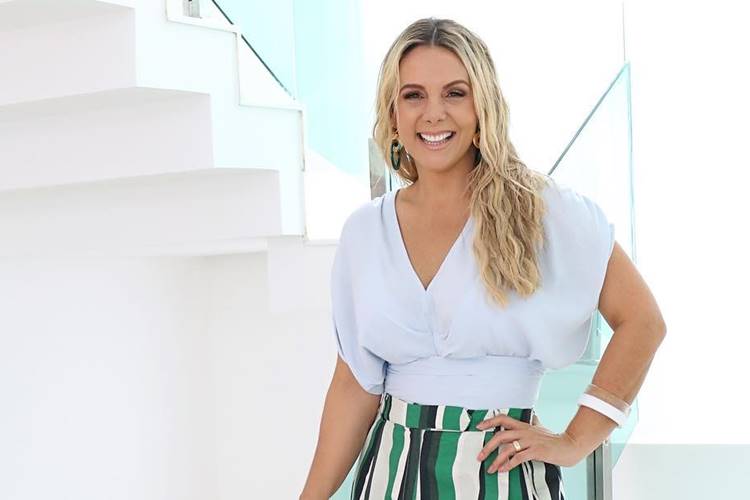

Marines are always going to form an opinion and sometimes it’s just by the way you look, but I make their opinions based on what I present to them and I pass that along to my Marines. If you need me to mathematically figure something out with my mind, I’m there. If you need me to move something, I’m there. If you need to know something, I’m there. It all goes back to what you bring to the table. I think what I’ve seen for women is that there is more opportunity, but we’ve also been more recognized.

These young Marines that are coming in to the Marine Corps today are like wizards and that’s because education has improved. Society and the Marine Corps have evolved into a smarter generation. I think women have gotten tougher over time mentally and physically. Kids want to be challenged.Īt the end of the day, the Marine Corps is an experience that will last you a lifetime even if your commitment is just four years. You changed my son’s life.” Honestly, kids want to be pushed. The parents would always come to me later and be like, “Thank you so much. So I just talked about the intangible opportunities being a better person, learning self respect and independence. So for me to go and meet a young male applicant with either their dad or uncle or grandfather, they’re looking at me, a female staff sergeant like, “What can you do for my son to make him better? What can you do for my grandson, nephew to make him stronger? You’re not in infantry. Stereotypically, the target market for the Marine Corps is males males 18 to 27 and I was neither of those. It was really amazing to me how many people in my area had never met a female Marine. Out of 78 recruiters, I was the only female. It was my first challenge as far as not being around other female Marines. I was a recruiter from 2001 to 2004 in Vancouver, Wash. If you believe that you suck at your job then you’re probably just going to keep doing poorly or just OK work. It gives you the tools to only get better. I think when you’re good at your job and you know your job, it gives you confidence in everything. They’d say, “Don’t ask me, look it up in the book.” So they made me very independent.

My leaders always looked out for me as a Marine and then they also always made me look things up. He was one of the ones that made me really good at my job. He was the one you could go to for anything. When I was a young Marine, my first sergeant I had was “the guy.” I think it’s because I’ve had good role models and good leadership, some female and some male. I think I’ve always known my own capabilities and I’ve always been able to fit in or find my niche. By doing that you really close the gap on the whole team concept. I don’t care what your job is, what your rank is or if you’re male or female, you have to bring something to the table. Some people think we’re always running around with guns and that we’re all tough and big and bad, but I think the intellectual aspect of it is key. One thing about the Marine Corps is the physical aspect of it and what people view us as. You've got to know yourself and just be strong and positive. But if we’re sick, lame and lazy and that’s the attitude we take, then other people will view us as just that. I think if we stay positive and we don’t give people, whether they be men or women, a reason to poke at us, then they’re not going to. I think our reputation as individuals is based on how we work and the goals that we set for ourselves. It’s been about accountability of myself and about knowing my own vulnerabilities because if I can pick out my vulnerabilities, then someone else can too. It’s always been about equal opportunity. That sounds really long when I say it out loud doesn’t it?įor me personally, I have always had equal treatment. Ten days later, she was off to bootcamp to begin a long successful career that has now brought her to the rank of master sergeant.Īs of May 17 this year, I’ll have been in for 20 years. While working at Burger King, a recruiter came in and spoke with her. She went to college directly after high school and enrolled in 18 credit hours at the University of Montana, not knowing if she could afford to attend school again the following semester.ĭespite her success in her studies, Perez found herself unable to pay anymore and moved back home. Carla Perez thought she had one shot at greatness.


 0 kommentar(er)
0 kommentar(er)
